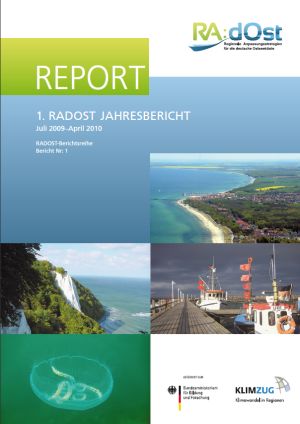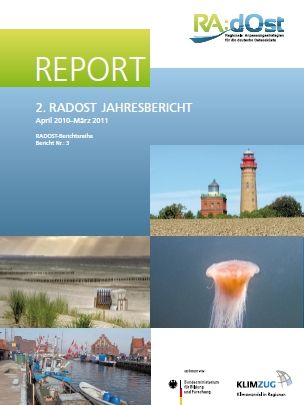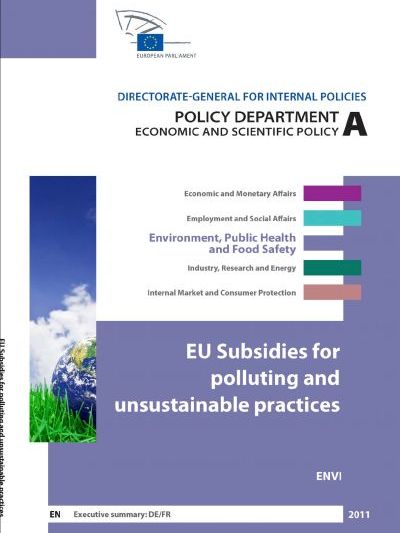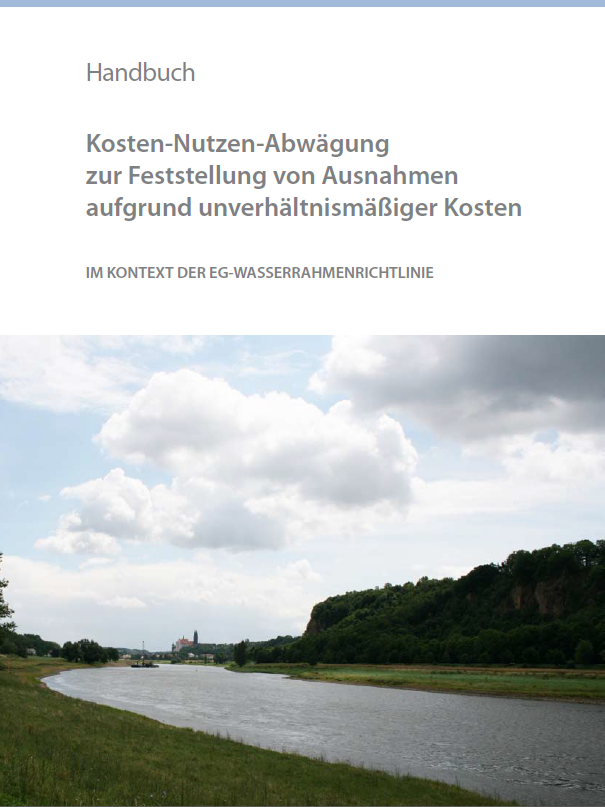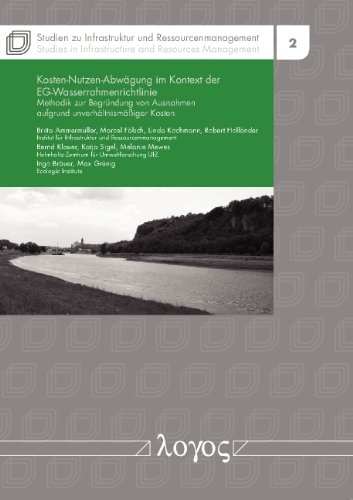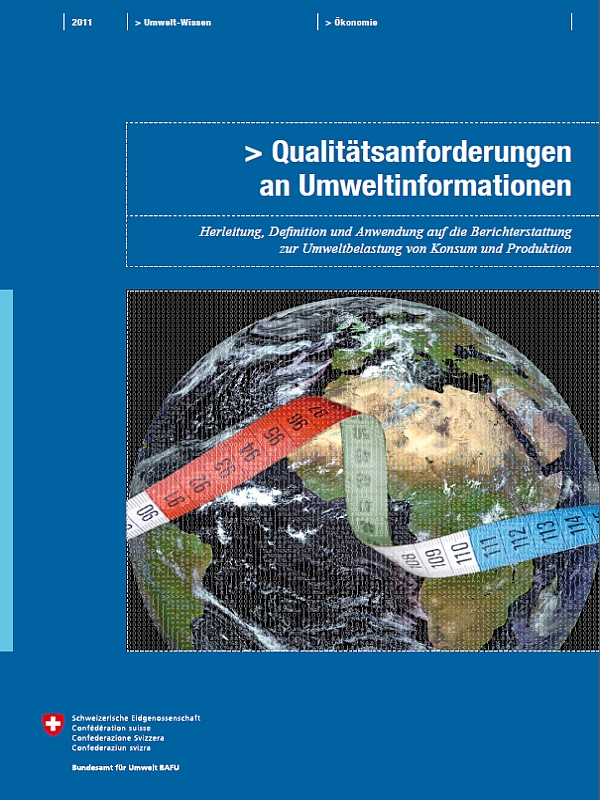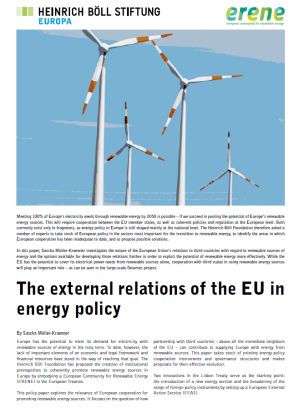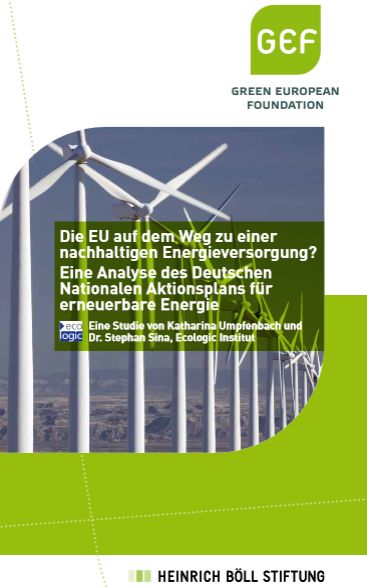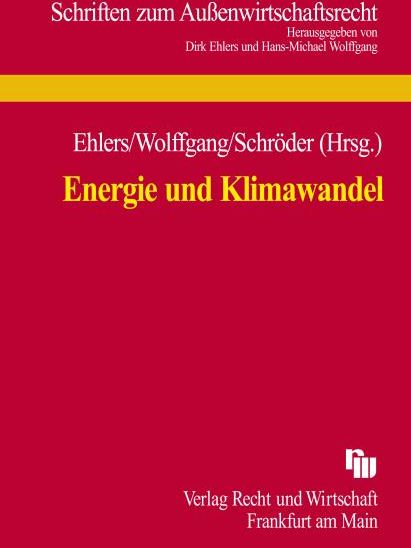Publication:Report
Publication:Report
Event:Climate Talk
Event:Visitors Program
Sino-German Training Course on Green Growth and Environmental Management
-
Berlin, Hamburg,
Germany
Publication:Report
Presentation:Speech
Event:Conference
Event:Workshop
Publication:Book
Kosten-Nutzen-Abwägung zur Feststellung von Ausnahmen aufgrund unverhältnismäßiger Kosten
Ein Handbuch im Kontext der EG-Wasserrahmenrichtlinie
Year
Read morePublication:Book
Kosten-Nutzen-Abwägung im Kontext der EG-Wasserrahmenrichtlinie
Methodik zur Begründung von Ausnahmen aufgrund unverhältnismäßiger Kosten
Year
Read morePublication:Book
Qualitätsanforderungen an Umweltinformationen
Herleitung, Definition und Anwendung auf die Berichterstattung zur Umweltbelastung von Konsum und Produktion
Year
Read morePublication:Article
Event:Climate Talk
Publication:Report
Analyse des Nationalen Aktionsplans für erneuerbare Energie der deutschen Bundesregierung
Die EU auf dem Weg zu einer nachhaltigen Energieversorgung?
Year
Read morePublication:Conference Paper
